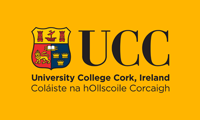Study by APC Microbiome Ireland SFI Research Centre at University College Cork reveals the virome is a viable treatment option to restore the microbiome-gut-brain axis during stress. The findings pave the way for new treatments for stress-related disorders.
Read moreNews
-
APC makes 'world-first discovery' in stress treatment
05 Feb 2024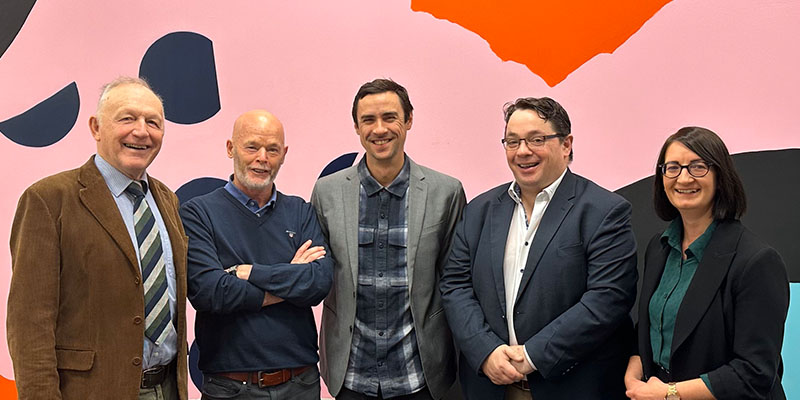
-
CLEAR kicks off
25 Jan 2024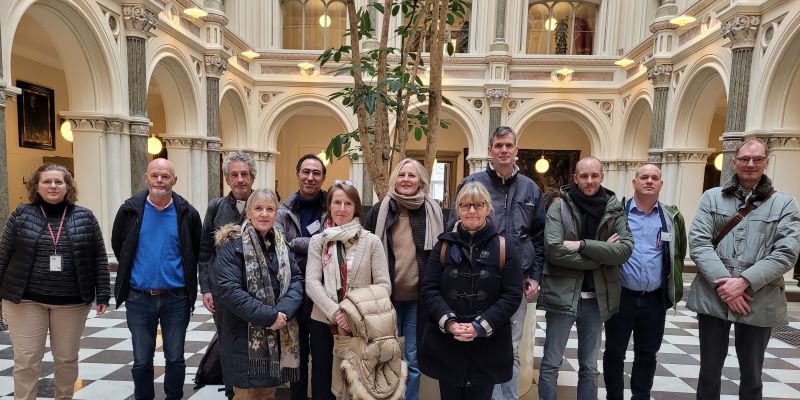
The CLEAR training network was launched in Copenhagen on Monday 15th January 2024. The project is coordinated by Professor Hanne Ingmer of the University of Copenhagen. The principal investigators met for two days to plan the research programme.
Read more -
Embracing Diversity: DS Biome Research Assistants Recognised for their Microbiome Science Contributions through an APC Bursary Award
01 Jan 2024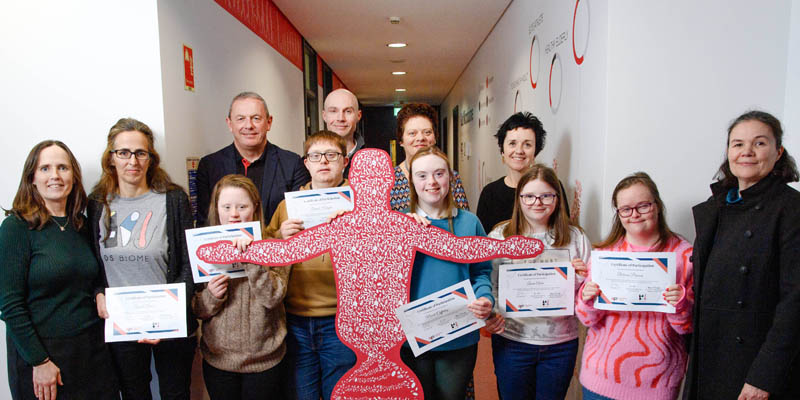
In a noteworthy celebration of inclusivity, APC Director Prof Paul Ross presented certificates of participation to Research Assistants with Down Syndrome for their contribution to the field of microbiome science. The ceremony also served as a public acknowledgment of the critical role played by these individuals in the research process.
Read more -
APC scientists discover links between Social Anxiety Disorder and gut microbiota
26 Dec 2023
Christmas is a highly enjoyable social time for many but for those with social anxiety disorder it can be a nightmare. Now new research from APC Microbiome Ireland (APC) at University College Cork (UCC) has discovered that the microbes in the gut may be playing a key role in Social Anxiety Disorder.
Read more -
APC Microbiome Ireland celebrates 20 years of scientific excellence and impact
15 Dec 2023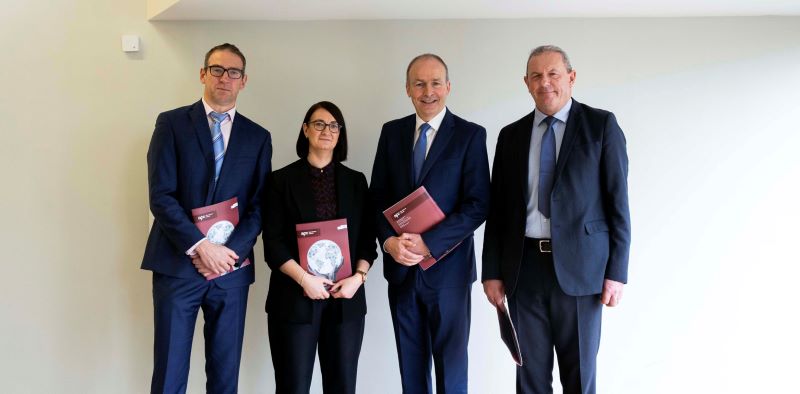
An Tánaiste, Minister for Foreign Affairs and Minister for Defence, Mr. Micheál Martin, T.D. launched a 20 Years Impact brochure for APC Microbiome Ireland (APC) a world leading SFI Research Centre based in University College Cork and Teagasc at a celebration event to mark the 20th anniversary of APC.
Read more -
APC scientist publishes first bioinformatics guidebook for clinicians and researchers interested in gut microbiome and brain health.
06 Dec 2023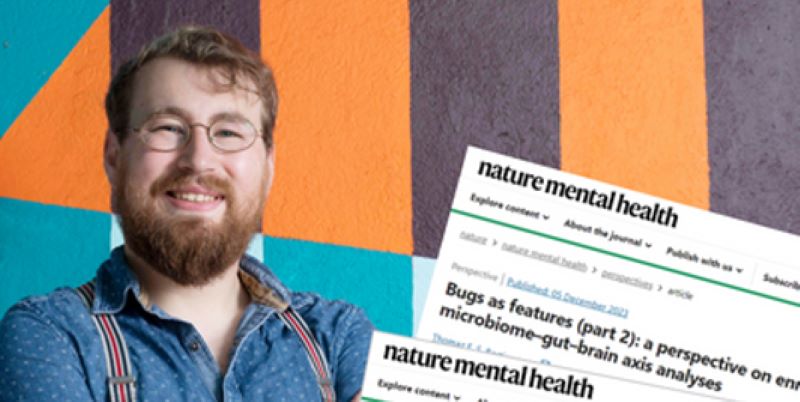
“An international team of scientists led by Dr. Thomaz Bastiaanssen, a researcher in APC Microbiome Ireland (APC), a world-leading SFI Research Centre based at University College Cork has published a two-part methodological guidebook to the analysis of the microbiome-gut-brain axis in the leading international scientific journal Nature Mental Health.
Read more -
Catherine Fulvio headlines feast of activities during Science Week 2023
07 Nov 2023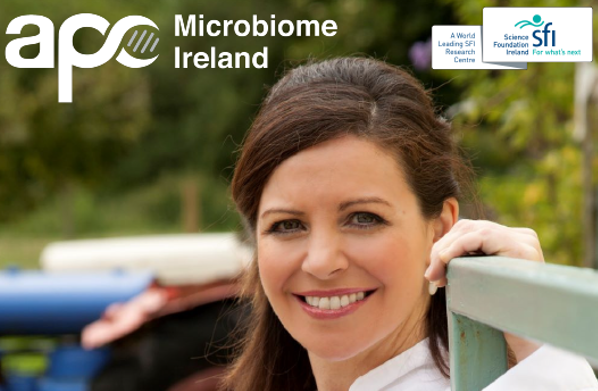
APC rolls out a host of activities during Science Week 2023.
Read more -
International agreement reached on 'hard-to-treat IBD' definitions
03 Nov 2023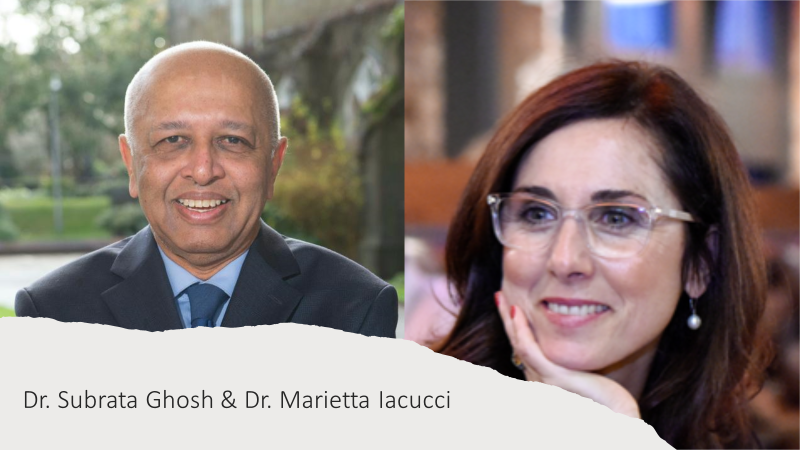
Patients suffering from prolonged symptoms of inflammatory bowel disease (IBD) are commonly grouped as having ‘difficult-to-treat IBD’ that requires ongoing and particular treatment approaches. Until now, there has been no standard set of definitions around this which has hampered research and therapeutic strategies.
Read more
-
APC researcher Dr Friederike Uhlig secures SFI-IRC Pathway funding
03 Nov 2023
APC Researcher Dr Friederike Uhlig has won an SFI-IRC Pathway Award for her project GO-AHEAD "Gastrointestinal Oxytocin is importAnt in HEalth And Disease"
Read more
-
APC announces winners of inaugural Entrepreneurship Bursary Awards
28 Nov 2023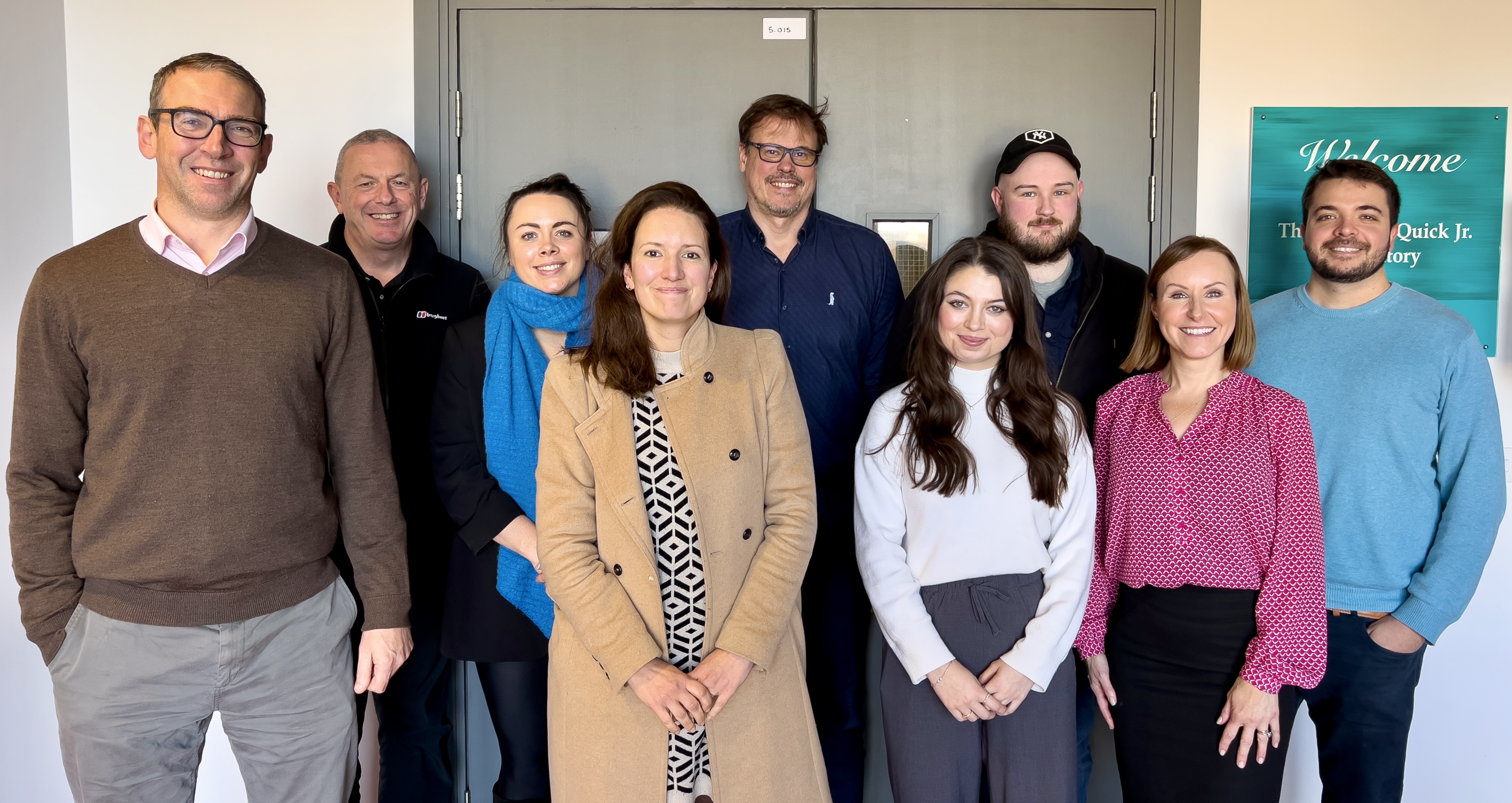
A core aim of APC Microbiome Ireland’s (APC) strategic Vision 2021‐2026 ‘Making a Difference through Microbiome Science’ is to foster a culture of entrepreneurship and partner with relevant stakeholders to establish new, investor‐ready spin out companies. To support this, in 2023 APC has launched a new Entrepreneurship Bursary competition with funding awards of up to €5,000 to allow researchers to develop ideas or existing technologies/IP for a new spin‐out company through the generation of proof‐of‐concept experimental data.
Read more

